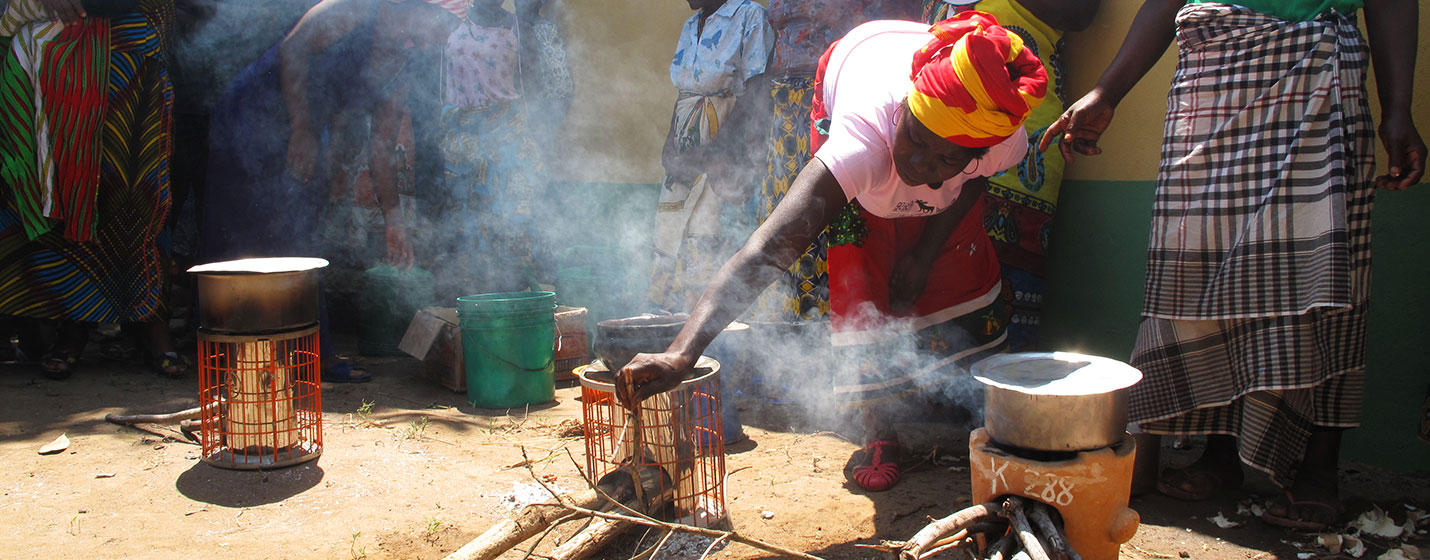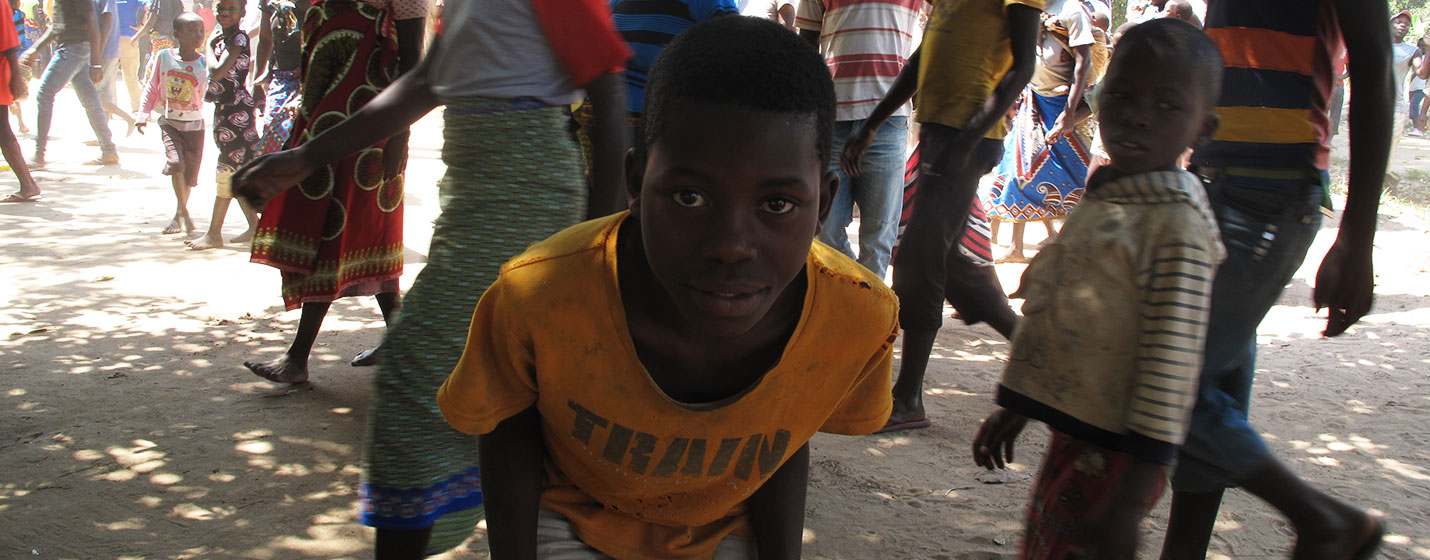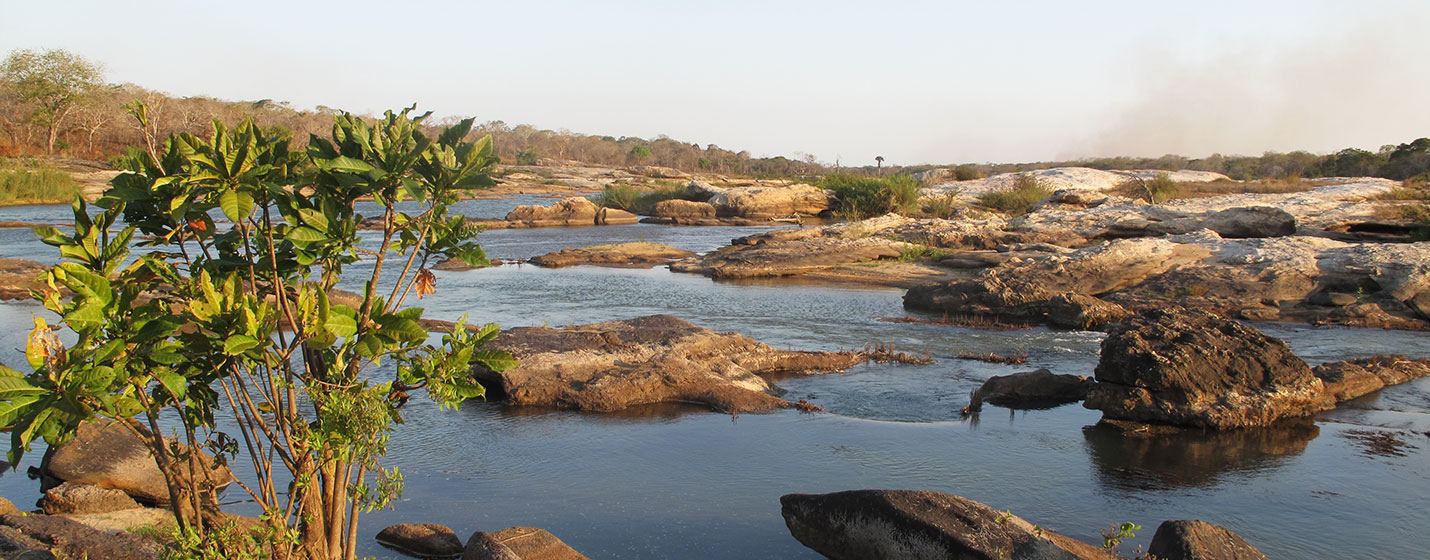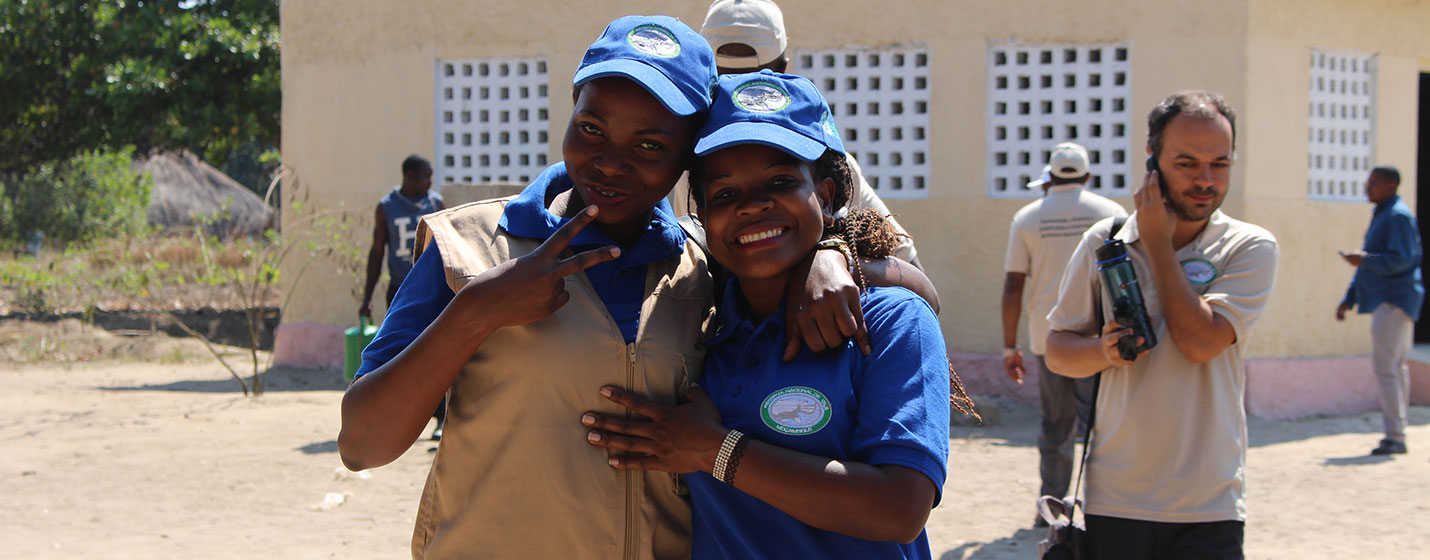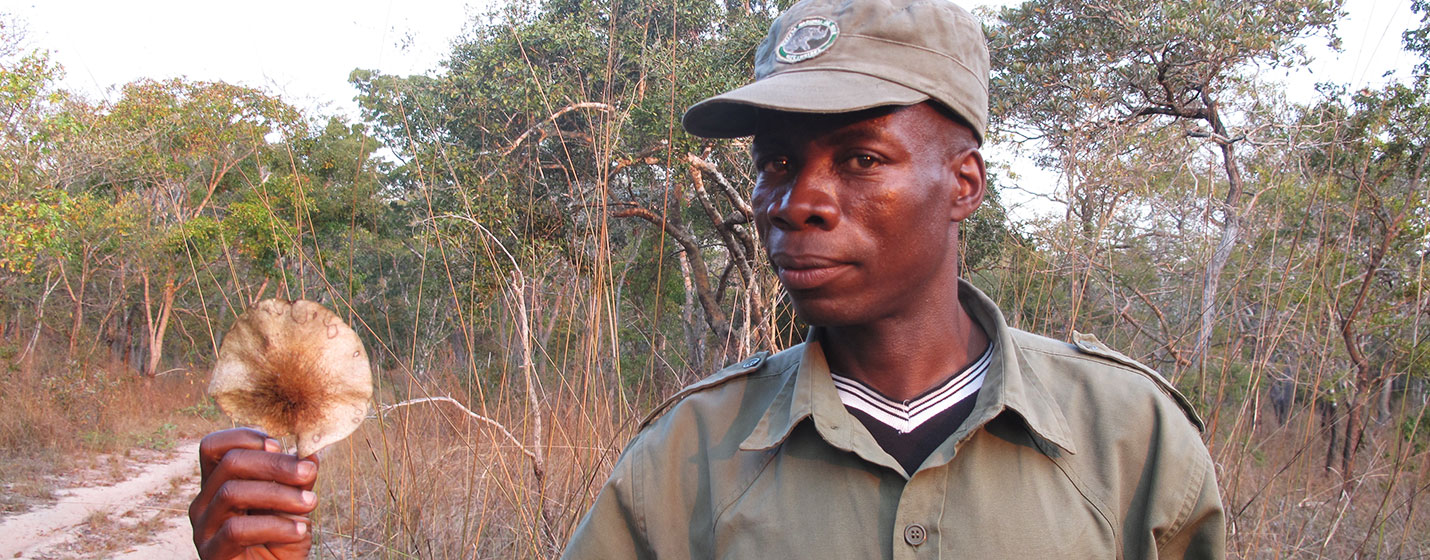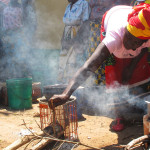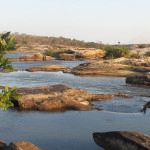The loss of biodiversity inside the National Reserve of Gilé GNR and in its surroundings is mainly due to the pressure that local population has on natural resources. Widespread poverty of the population in this area is dramatically influencing the conservation of natural resources which are massively exploited and represent the only financial source to live.
In this dangerous and delicate scenario, in order to reduce the loss of biodiversity and to guarantee a better future to the population, we will promote a better financial management of Reserve improving financial sustainability of all its surrounding areas and the promotion of the importance of natural resources conservation through awareness campaigns and specific training sessions for GNR Protected Area Management Unit (PAMU), DPTZ and the local population such as conservation agriculture, marketing and tourism management and on carbon offsets.
The action will strengthen and promote synergies and collaboration amongst all the stakeholders, the collaboration between GNR and the population represented by the Participated Management Committee (COGEP) will be of utmost importance, but the action will also promote interuniversity collaboration and research on natural resources conservation between the University of Maputo Eduardo Mondlane and the University of Florence – Italy. During the action the Centro di Tutela delle Specie Minacciate/Parco Natura Viva – Garda Zoological Park (Centre for the Protection of Endangered Species/Parco Natura Viva – Garda Zoological Park) will promote ecotourism in strict collaboration with GNR and will provide technical assistance to a sustainable management of natural resources.
CarbonSinkGroup s.r.l. (a reliable Academic Spin-Off firm specialized in projects aimed to the reduction of atmospheric greenhouse gases emissions and the mitigation of climate change) will support the introduction of Payment for Environmental Service (PES) scheme based on carbon offsets with the replacement of traditional food stoves, conservation agriculture and reforestation activities.

